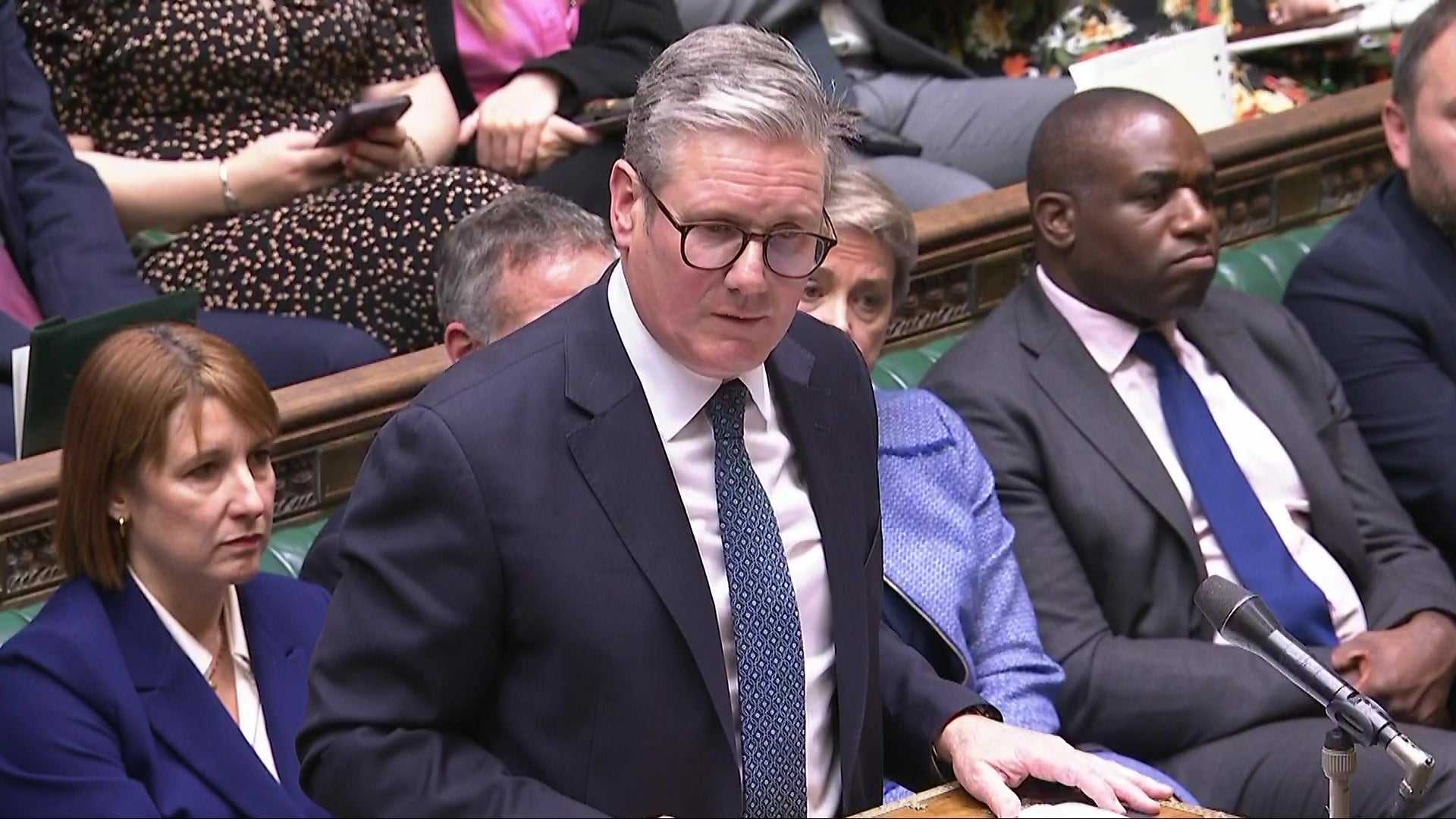Politics
Prime Minister’s Questions Focuses on China, Sidestepping Domestic Issues

During the latest session of Prime Minister’s Questions (PMQs) held on Wednesday, considerable attention was directed towards the topic of China, leaving many observers puzzled as more pressing domestic issues were seemingly overlooked.
Rishi Sunak, serving as the caretaker leader of the Conservative Party following his premiership, engaged Sir Keir Starmer in a series of questions about foreign affairs, specifically China’s activities near Taiwan and its political influence in the UK. “Chinese activity near Taiwan is not conducive to peace and stability,” Starmer noted, expressing a general condemnation without specifying potential actions. This came as a surprise to some who expected Sunak to press Starmer more on perceived weaknesses or controversies involving the Labour Party, such as the handling of national insurance policies and the recent media frenzy around the Taylor Swift concert.
Starmer, appearing ill-prepared for a foreign policy question that dominated the session, acknowledged the incident but did not promise significant action that might agitate China. The session briefly touched upon the cancellation of a foreign agents registration scheme, which Starmer attributed to implementation failures by both parties. “We haven’t” canceled it, he said tersely, suggesting continuity in how both parties have managed such proposals.
Meanwhile, the absence of more domestic-focused queries allowed Starmer to avoid tougher scrutiny over Labour’s stance on tax adjustments and spending plans. Recent debates surrounding national insurance contributions had put him in a challenging position after previous public commitments seemed to contradict later explanations.
Sunak’s focus on China took place amidst mounting pressures on him from his party, with some members expressing dissatisfaction over his avoidance of issues like the “Taylor Swift” controversy and national insurance, which had been prominent in the media. According to a member of Sunak’s shadow cabinet, “There just had to be one question about Taylor Swift – and the prime minister would not have known what to do. I don’t know why he didn’t ask it.”
Elsewhere in Parliament, broader geopolitical concerns were addressed. The government’s possible sanctions against Israeli ministers were raised, with Starmer indicating ongoing considerations in light of the humanitarian situation in Gaza. “Israel must take all possible steps to avoid civilian casualties, allow aid into Gaza in much greater volumes and provide the UN humanitarian partners the ability to operate effectively,” Starmer asserted.
As the Conservative Party grapples with internal conflicts and leadership uncertainty, its role as opposition appears more challenging than expected. The party’s indecision is reflected in its leadership race, with contenders like Kemi Badenoch and Bob Jenrick facing contrasting prospects.












